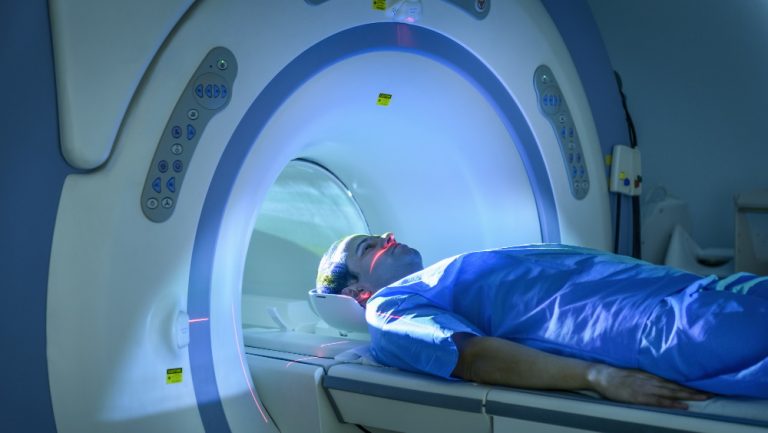
Apart from CBD, another cannabinoid that is gaining popularity is 8-tetrahydrocannabinol (delta-8-THC). Delta-8-THC, which can be identified in gummies, vape casings, tinctures, and other products, is becoming more common in petrol stations, corner shops, liquor stores, and marijuana dispensaries across the United States and beyond with no age limits which you can find out here now.
With exception of CBD, delta-8-THC generates psychoactive effects that are comparable to but gentler than those produced by delta-9-THC, cannabis’s well-known psychedelic chemical. The isomer delta-8-THC is an isomer of delta-9-THC. The placement of the double bond between two carbon atoms is the only distinction between the 2 molecules.
When Did Delta 8 Become Popular?
The delta-8-THC popularisation started when there was an excess supply of CBD extracted from hemp grown in the US, causing the price of CBD to drop like a stone. Manufacturers began searching for ways to transform the CBD oversupply into a profitable product. The business got inventive and decided to experiment with the ability to convert CBD into delta-8-THC using simple chemistry reported in the 1960s. The ultimate products are aimed at consumers seeking to alleviate fear and tension, particularly those that do not want to employ traditional CBD products or live in areas where cannabis products are not available legally.
However, due to a lack of regulatory control and restricted laboratory analysis, most products marketed as delta-8-THC are not true delta-8-THC. These items usually contain significant amounts of delta-8-THC as well as trace amounts of other cannabinoids, such as delta-9-THC, and reaction by-products. Some of the cannabidiol found in marijuana are not naturally occurring. The majority of the time, nothing is known about the health impacts of these contaminants. Several states are beginning to restrict the sale of delta-8-THC products. However, as long as they are obtained from hemp and encompass no more than 0.3 per cent delta-9-THC on a dry-weight basis—the federal statute limit—many solicitors and hemp industry officials believe they are lawful. Irrespective of whether delta-8-THC is legitimate, chemists are raising concerns after discovering several unnamed compounds in delta-8-THC-labeled products.
Regulators are also unprepared. Many states are rushing to regulate sales of delta-8-THC, which has become the hemp sector’s fastest-growing component. More than several states have outlawed delta-8-THC, and more are drafting legislation. The United States permits the export of CBD isolate, and citizens of other countries can do whatever they like with it.




